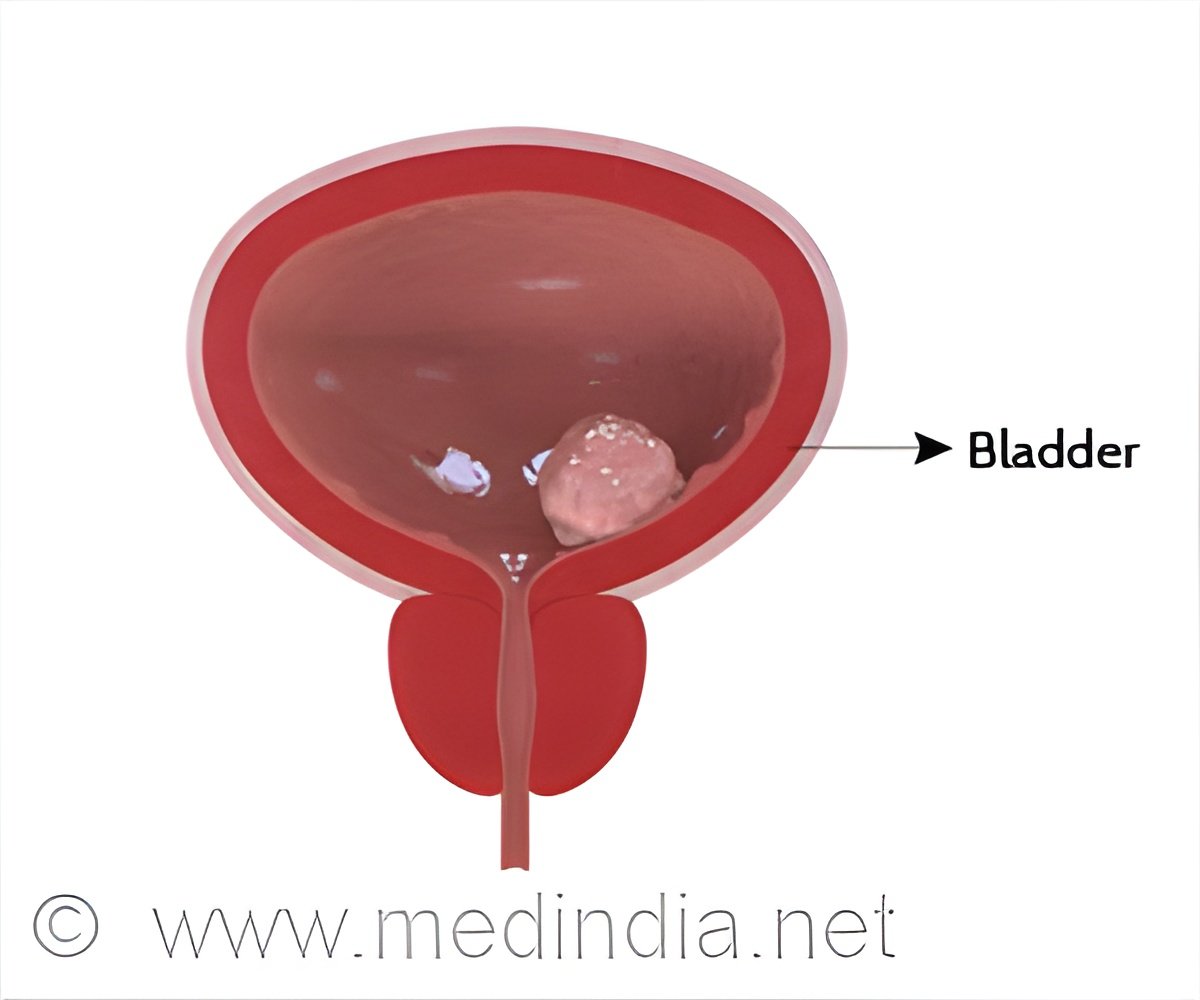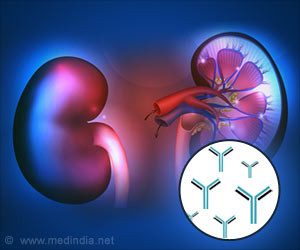Combined modality treatment provides an alternative to complete bladder removal for patients with muscle-invasive bladder cancer (MIBC).

‘This approach could potentially be considered as a first course of treatment for many patients,not just for those patients with significant comorbidities.’





Combined modality treatment--consisting of radiation therapy, concurrent chemotherapy and maximal transurethral resection of the bladder tumor-- provides an alternative to complete bladder removal for patients with MIBC."These results provide compelling evidence suggesting radiation therapy may be as good as surgery for many of these patients," said Dharam Kaushik, MD, senior author of the study and an assistant professor at The University of Texas Health Science Center, now called UT Health San Antonio, and the UT Health Cancer Center. "We hope this study will help patients and their physicians understand the full range of options available when planning treatment for muscle-invasive bladder cancer."
Researchers comprehensively reviewed 19 published studies encompassing 12,380 patients, of which eight prospective and retrospective studies encompassing 9,554 patients were eligible for the meta-analysis. Eligible studies directly compared one or more survival outcome between the two treatment approaches (i.e., radical cystectomy or combined therapy including radiation). Researchers computed hazard ratios (HR) to compare survival outcomes including overall survival (OS), disease-specific survival (DSS) and progression-free survival (PFS) at five and 10 years' post-treatment.
The researchers found no difference in OS at five years' post-treatment (HR, 0.96, favoring CMT; p = 0.778; four studies, 452 patients) or 10 years (HR, 1.02, favoring RC; p = 0.905; five studies, 9,295 patients). They also found no difference in DSS at five years (HR, 0.83, favoring CMT; p = 0.390; two studies, 326 patients) or 10 years (HR, 1.17, favoring RC; p = 0.264; four studies, 9,171 patients). At 10 years, post-treatment, they found no difference in PFS (HR, 0.85, favoring CMT; p = 0.639; two studies, 293 patients). There were no studies that examined PFS at five years' post-treatment.
"According to our analyses, patients undergoing radical cystectomy likely share no cancer survival benefits compared with patients receiving chemoradiation-based bladder preservation therapy," said Dr. Kaushik.
Advertisement
"Further research is needed to evaluate these two treatment arms--radical cystectomy versus combined modality treatment--to identify optimal treatments for specific patients," said Dr. Kaushik.
Source-Eurekalert















